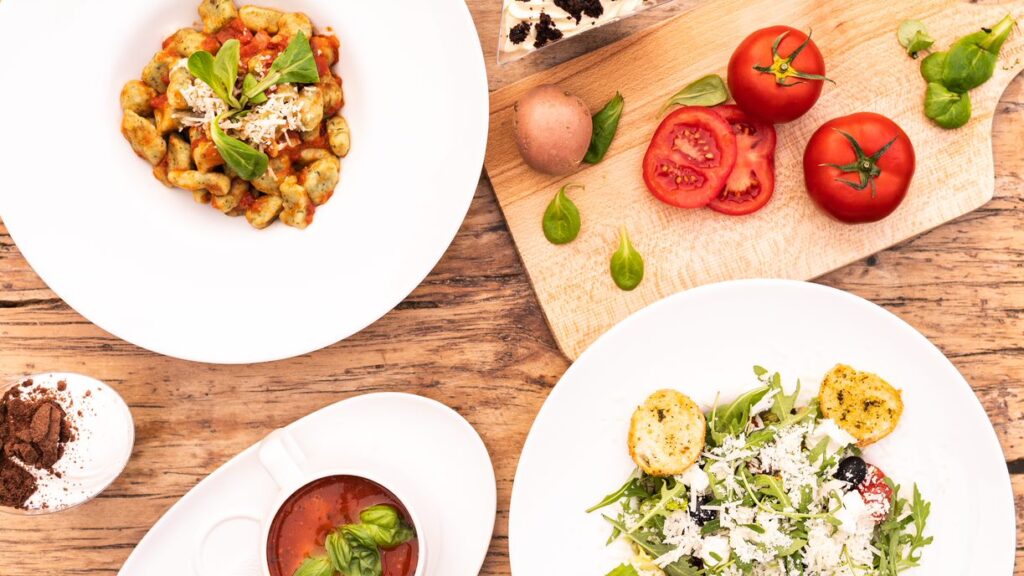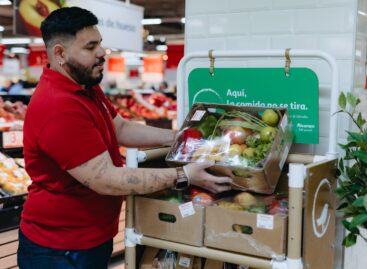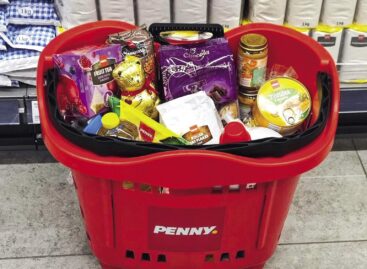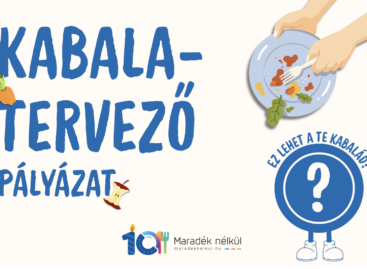Munch saved 1,700 tons of food in 2024
The Munch food rescue app has been a key player in Hungarian and Central and Eastern European sustainable initiatives for nearly five years. The recently published Sustainability Report reveals that food rescue has a spectacular impact on our environment: last year, Hungarian food rescuers managed to save the planet from greenhouse gas emissions equivalent to 201,400 trips between Budapest and Debrecen in an average gasoline-powered car. The calculations were also aided by photos taken by the food rescue community.

Food waste as a global problem
The seriousness of the food waste problem is clearly demonstrated by the fact that the European Union has set a common sustainability goal to reduce the damage: by 2030, all member states must take certain steps to reduce food waste by 10 percent during production and by 30 percent per capita on the consumer side.1 The good news is that Munch people are already contributing to the common goal, because as can be seen from the Sustainability Report, by working together we can save the Earth from a significant amount of unnecessary waste and greenhouse gases.
A lot of small things go a long way
The Munch report highlights that even the smallest change is not negligible, as we can contribute to our common success by buying even one package. For example, it turns out that in Hungary, food rescuers saved more than 1,700 tons of food last year: this amount would fill the elevators in approximately 3,544 panel houses at maximum capacity. The community’s impact on greenhouse gases is also not negligible, as the workers prevented the emission of nearly 8,500 tons. This is 43 times the amount of carbon dioxide that the trees on Margaret Island absorb in a year.
Dedicated page to be aware of the food footprint
The data shared now – although they refer to 2024 – reflect the company’s work over several years. It was considered important to publish the most accurate results possible, taking into account all the details, so the calculations were made taking into account the specificities of each package type, taking into account the average package weight and content. A fruit and vegetable munch does not have the same environmental footprint as a dessert munch, so the calculation was not easy. Given that non-transparent calculations and communication can easily raise suspicions of greenwashing (even if justified), Munch also briefly explains in the report how the presented results were obtained.
The full calculation can be found at the following link: https://munch.eco/hu/kornyezeti_hatasunk/
Related news
Alcampo Boosts Fight Against Food Waste With ‘Happy Box’
🎧 Hallgasd a cikket: Lejátszás Szünet Folytatás Leállítás Nyelv: Auto…
Read more >PENNY builds on partnership-based CSR
🎧 Hallgasd a cikket: Lejátszás Szünet Folytatás Leállítás Nyelv: Auto…
Read more >Nébih’s 10-year-old Without a Trace program announces mascot design competition
🎧 Hallgasd a cikket: Lejátszás Szünet Folytatás Leállítás Nyelv: Auto…
Read more >Related news
(HU) Átadták a SIRHA Budapest 2026 Innovációs Termékverseny díjait
🎧 Hallgasd a cikket: Lejátszás Szünet Folytatás Leállítás Nyelv: Auto…
Read more >How does the forint exchange rate affect consumer prices?
🎧 Hallgasd a cikket: Lejátszás Szünet Folytatás Leállítás Nyelv: Auto…
Read more >HELL CITY has arrived, led by Michele Morrone
🎧 Hallgasd a cikket: Lejátszás Szünet Folytatás Leállítás Nyelv: Auto…
Read more >








